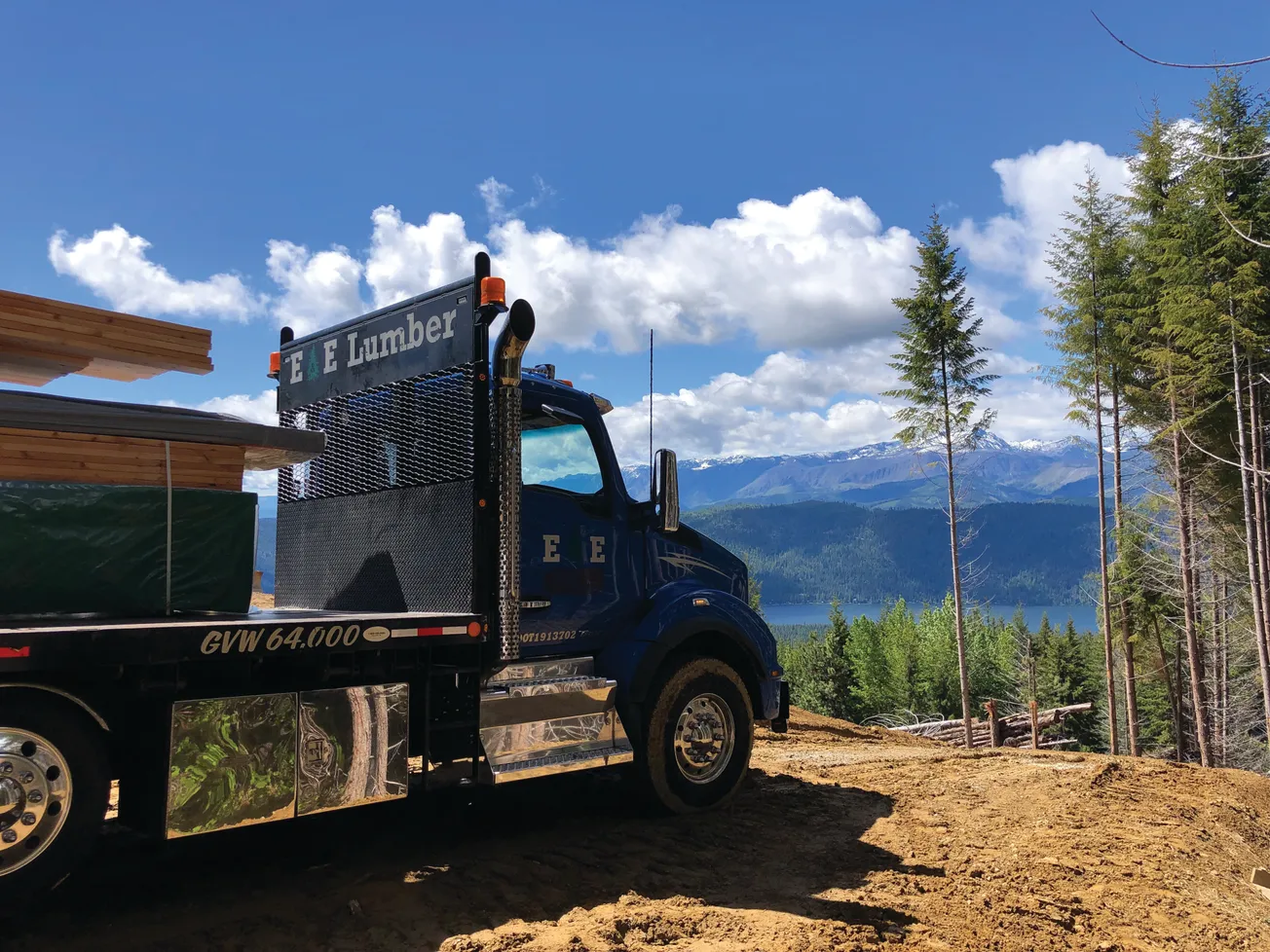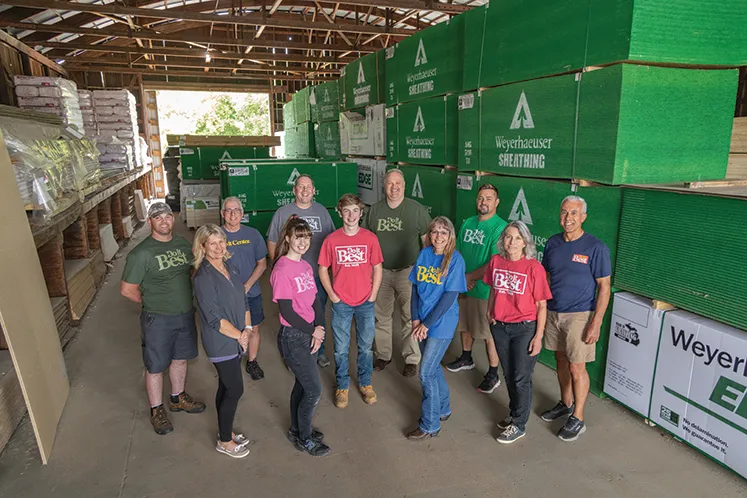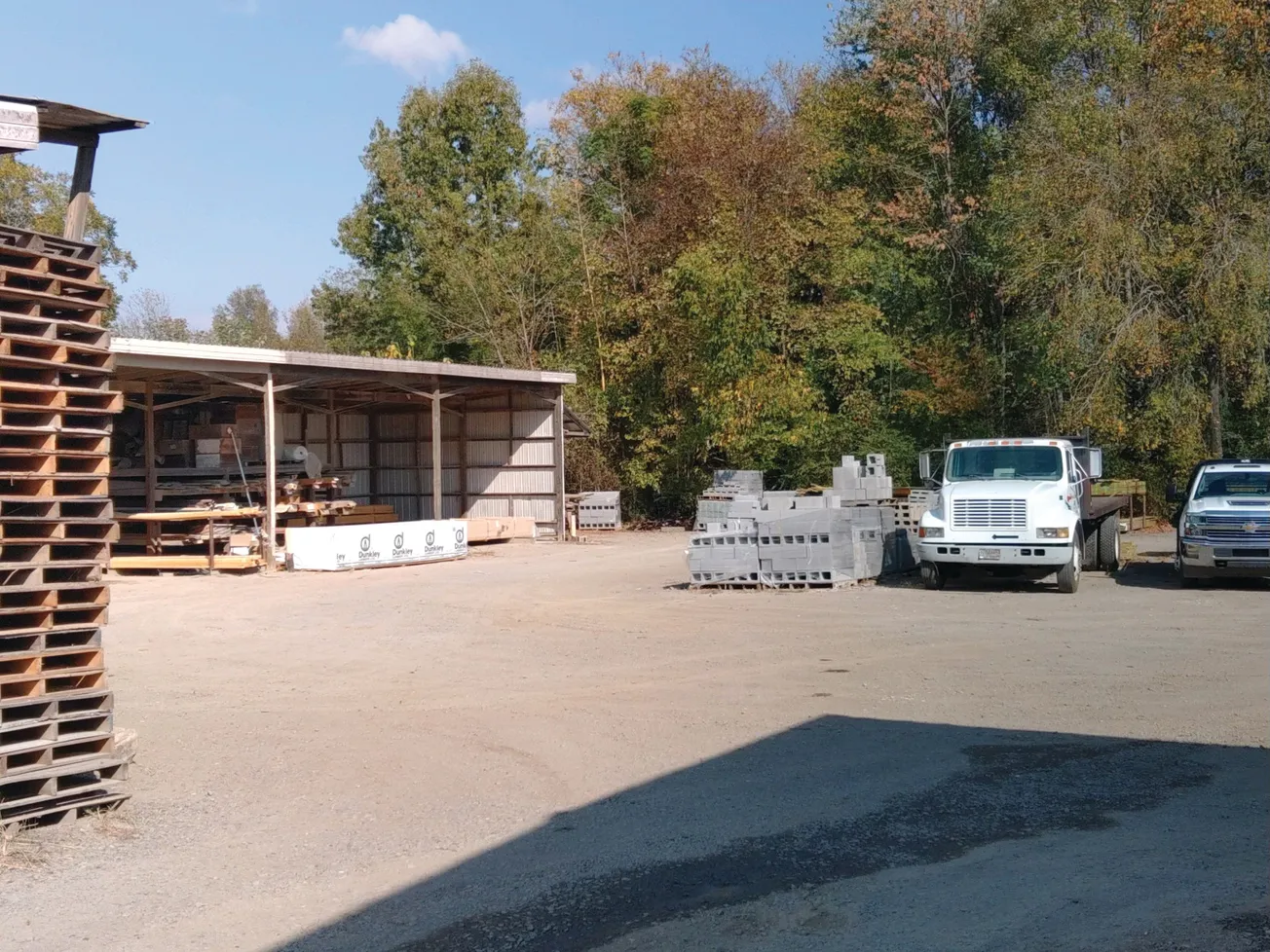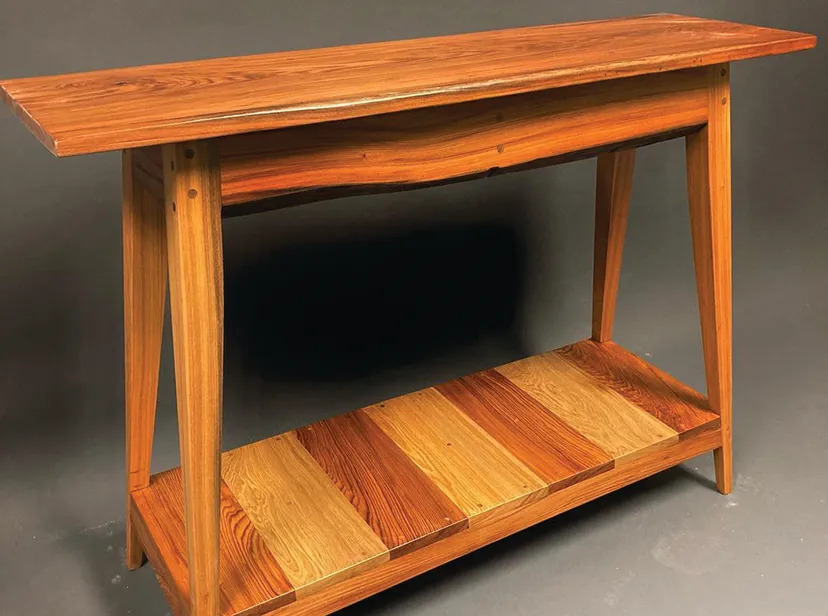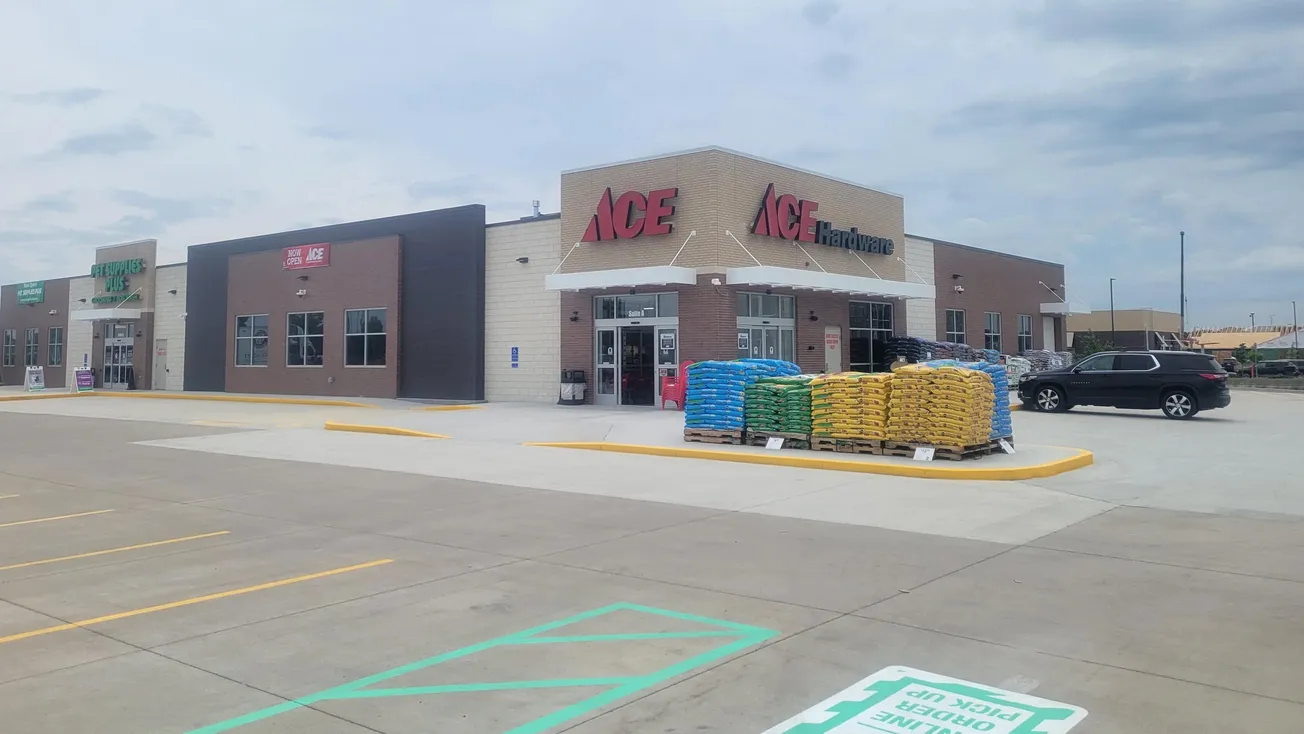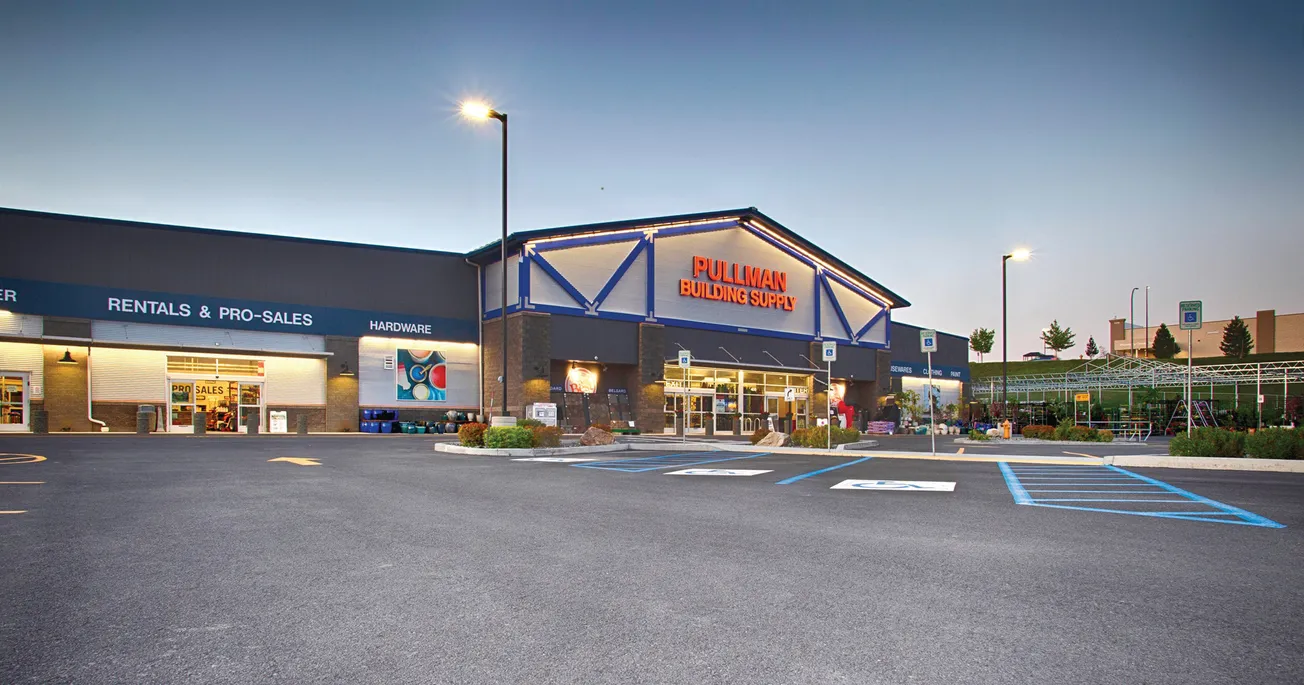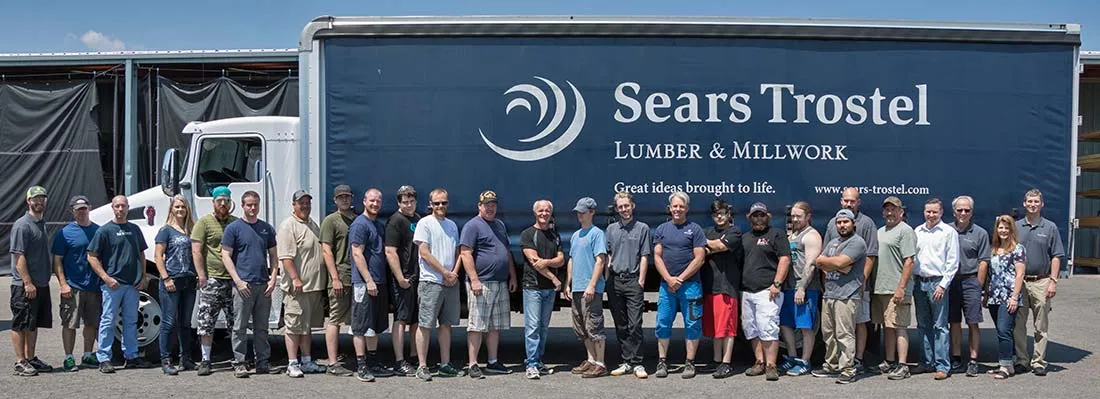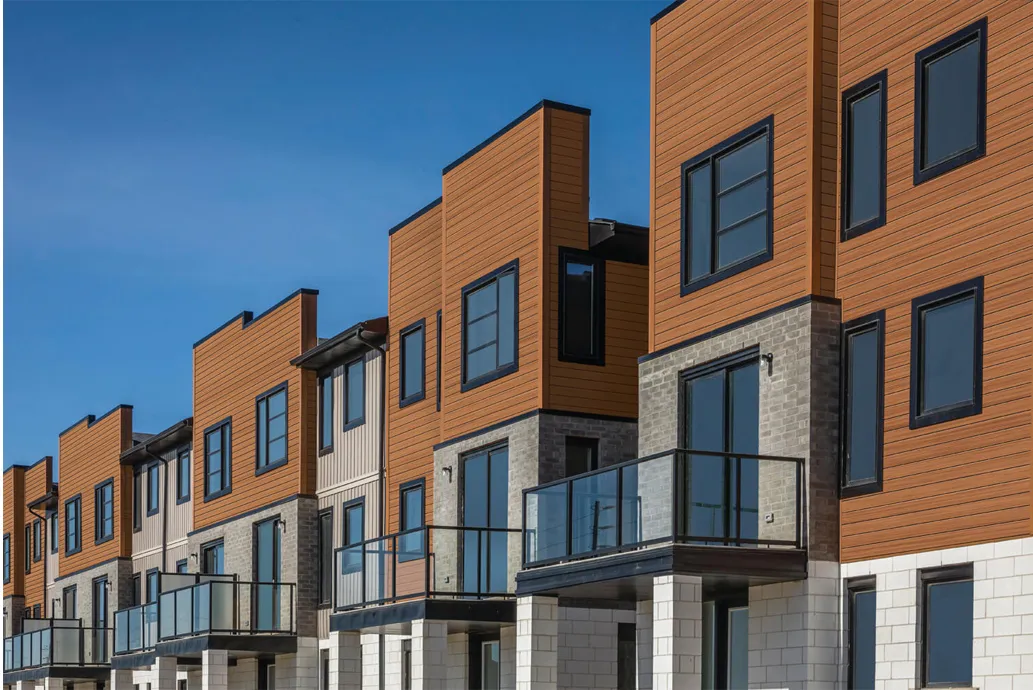Table of Contents
Russell Lands Inc. is a land development outfit in Alabama, which owns six home centers and three building supply locations across the state. Sounds to me like Chairman Lands is a most successful businessman. And, also sounds to me like one of the smartest things he’s done is to back off. To abstain from micro-managing. To keep hands off the daily doings of these successful operations, allowing each operation to be unique.
The store in Clanton is a showpiece for how well that freedom works. “I was here from the very start,” declares manager Mickey Atkins. “I transferred from the company’s store in Northern Alabama in 1997. And I poured the cement slab for this building. I came—and I stayed—because I have an open hand. I can sell about anything I want to. All I have to do is be successful and boost sales, so I run it like it’s my own business. They give me a lot of freedom—a lot of rope.” And that rope is used to lasso new revenue rather than string him up.
Tiny, little Clanton—pop. 8,500—provides a interesting environment in which to work the bottom line. Although it counts itself as a farming community (oh, those peaches!), that’s not the whole story. It lies halfway between Birmingham and Montgomery, so serves as a bedroom community for those big urban centers. “There’s a slower pace here,” declares Mickey. “They’d rather drive that hour to avoid the hassles of the big cities. Seventy percent of our town folk commutes, and they’re people with plenty of money.
“We opened the store, back in 1997, because we spotted the area as an underserved market. The town had three small building suppliers—a lumberyard, a concrete company, and a hardware store,” he says: “We wanted it all.”
And got it. Welcome to one-stop shopping. The town’s reaction was “good! We’ve been blessed with a nice, steady increase of business every year.” Until the infamous downturn. “At that low point, we were doing no new homes. However, the town’s hardware store went out of business, so we ramped up that department here. And we changed our focus to retail. (Currently it’s bounced back to a 50/50 mix, which is unique in the company’s roster. The other stores are 75/25.)
“We never laid off a single person. We worked like crazy to come through it, utilizing our reputation for quality products, fair prices, a knowledgeable staff, and community involvement. (We support seven or eight schools, etc.)”
That new focus on retail, for Clanton’s staff of 25, required “a whole new mentality,” says Mickey. “What’s good for contractors can be awful for retail. So we moved staff around, getting people in the right places,” and the right products and services in their heads. Thus, time to remodel—to evolve into more of a retail environment.
“It needed freshening, a facelift. It had been 20 years. We’d been ready to take on the project when the recession hit, but went back to survival mode to keep us strong. When business bounced back up three years ago, we pulled the trigger.
“We expanded inventory, adding 2,500 SKUs, and took on a lot more hardware—a truckload every week, which demanded a lot more work on the part of the staff—unloading, etc. We added a contractor entrance: the best thing we did. (Before, we’d have a guy with a $5,000 order standing in line behind a little old lady wanting a key made.) We added more décor items to serve the women shoppers. Since the remodel, our walk-in business has definitely increased.”
While Clanton has strengthened its retail focus, it’s kept an eye on its pros, too: Contractors remain loyal because they love the one-stop shopping offered. “And that we do free take-offs, materials list and delivery when and where they want it. Bulk pricing, too. And rental.” Seems to work. Our contractors built 50 new homes last year,” reports Mickey.
“We serve remodelers, too—windows and doors, decks, fencing, paint. (We’d rather have 100 customers spending $100 each than one customer spending $10,000.)
“But”—Mickey returns to the horror story of the recession—“during the downturn, we didn’t have that business either. Nothing! No remodeling, no anything. I’d been through a recession several times before, and this was by far the worst.
“Now, business is steady again. February through October, it’s really strong. November and December it slows down a bit, but around here, the weather’s not bad even then.”
Still, there’s active competition, of course. Those commuters pass big boxes on their daily highway runs. Thus the employees at Clanton know that good-enough isn’t good enough. “We’re held to a higher standard. Customers can get good service here; we’ll actually speak to you,” he laughs: “How often does that happen at a Home Depot?
“We offer a price-matching guarantee but rarely have to use it. People think, ‘100,000 sq. ft. vs. 10,000 sq. ft.: It’s gotta be cheaper at the big box!’ But once they kick the tires, they realize there’s a difference in quality of product. “Plus, we support local schools and churches, so people like to do business with us. There’s a big push to buy local.”
And hire local. “Here, our staff is mostly older, retired guys—guys with experience in HVAC, what have you. They’ve done home improvements, and their attitude is better than your average employee. (Besides, you know what retail pays…. ) The only downside is when it comes to technology….” (Never mind, we get it)
“New hires come in with skills. We then assign them a mentor to shadow to absorb our service attitude. (Don’t be telling me what you used to do. I don’t care.) We’re working on implementing a more formal training program, too, to emphasize good customer service.”
More remodeling on the horizon for the property?
Feel an earthquake? No, that’s just Mickey shuddering. “We’ll live with this remodel for the next 10 years. I opened the store in 1997, yet the remodel was the toughest thing, ever, in my life. We moved gondolas, scratched up floor tile by moving everything in the store. We were living in a construction zone, but we stayed open. It was rough, not much fun. But,” he allows heartily, “it was well worth it.
“So we’ll continue trying to grow the business—add another outside sales guy, expand that. And max out the retail business, too.”


